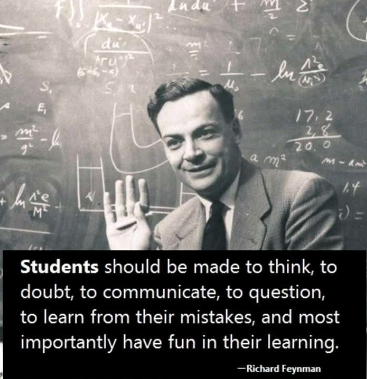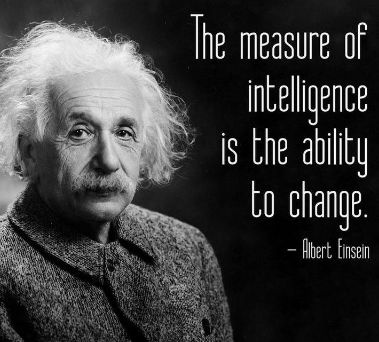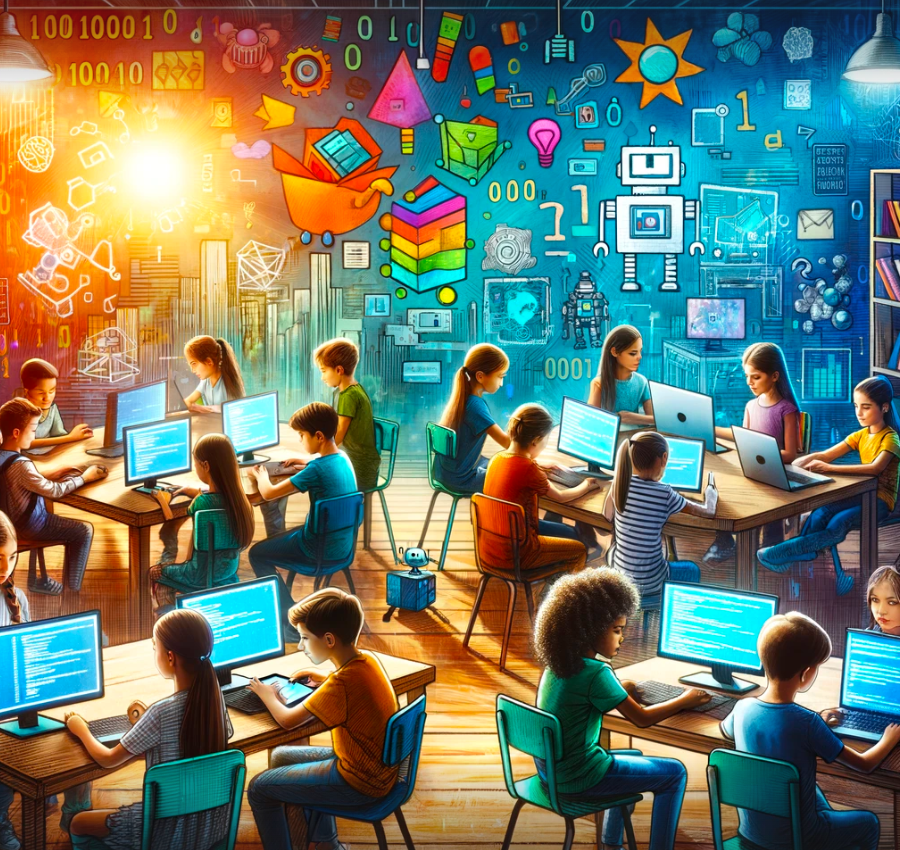Browsing through some books, I came across an interesting quote by the author George Bernard Shaw;
“Progress is impossible without change, and those who cannot change their minds cannot change anything.”
Change is definitely the norm of the day. With technology changing the landscape around us, I often wonder about the world that our children will inherit and what we can do to help them be prepared for it. As the founder of an edtech startup and a technology enthusiast, I have been an avid supporter of learning of new generation skills, coding being one of them. But as a parent, I tend to err on the side of caution. This has led me on a path of discovery of how coding can have an impact on the minds of our young ones.
An Early Start: Neuroplasticity in Action
Science says that the ages between 2 to 7 are some of the most neurologically active in a person’s lifetime. The average adult has half the number of brain synapses as that of a three-year-old [1]. This basically means that neuroplasticity, or the ability of the brain to change and adapt is higher in children than in adults. It translates to a higher learning and cognitive capabilities in children. This, when effectively utilised, can set children on a path to growth and self-development. A Carnegie Melon research found that children actually learn languages faster than adults! [2]
This probably explains how young minds have in recent times been at the forefront of new age thinking. From Greta Thunberg to Malala Yousafzai, children seem to be more evolved than many adults of our species.
The extensive body of research available on the enhanced learning abilities of children has led me to believe that exposing our little ones to new skills and experiences are actually beneficial for them. Not only will they use the greater brain power available with them but will also develop their thinking abilities. It did not take me long to chance upon coding as the medium to enhance my son’s abilities.

My Experiments with Coding
It was the summer of 2020 and I was sitting at home, figuring out ideas in which to start my own venture. I had quit my job which meant plenty of time on my hands, a rarity those days. It allowed me to spend more time with my son who was 7 at the time. Covid had him bound at home with his old man. I started teaching him coding as a means to keep him engaged. His receptivity to what was being taught astounded me. The outcome of those lessons was an app on the different ruling dynasties in Indian history, a subject he is passionate about. This got me thinking, if my son can learn a computing language so quickly, why can’t other children? But I had to learn more before I could test out my theory. While the tangible outcome of the lessons was clear, I was wondering how children would be impacted on a mental level through exposure to coding.
Coding: The Transformative Window to the Future
Coding as a subject has gone through a period of evolution. From the time that Alan Turing[3] decoded the Enigma of the Nazis to the time that ChatGPT changed the way we view content generation, coding has come a long way. Today, there are a multitude of languages out there. The potential uses of learning coding are undisputed. From developing of apps to facial recognition through artificial intelligence, coding has applications everywhere. Its lucrativeness can be gauged from the fact that programming jobs grow 12% faster than the market average. [4]
As parents, recognizing that a skill will be in high demand is not difficult in this age of information accessibility. However, whether the skill is suitable for exposing our child to is a question that has haunted many parents. If the skill is indeed suitable, then when should one start learning it?
Apart from the digital literacy that is an essential requirement in today’s age of technology, coding has several associated benefits. As per research articles in the International Journal of Child Computer Interaction, coding was found to help develop algorithmic, computational and critical thinking. Studies by the University of Cambridge, which developed the coding platform Scratch, have found an increase in problem solving and logical reasoning skills in young children through coding. The father of modern computational thinking, Alan Turing, was an expert at pattern-finding and problem solving. In the age that we live in today, we look towards technological solutions for most problems, from global warming to national security. Coders are trained to look for solutions to complex, real-world problems.

Coding has often been argued to develop social skills as well. Evolved concepts like pair programming, that helps children learn coding together, help to increase interaction and facilitate collaboration.
My experience with teaching coding to young children has been that it serves as an outlet for creativity for them. When coupled with exposure to real-world social problem, this can result in some amazing innovations. Children have started leading the way in the sphere of developmental progress. A young boy of fourteen from Albania, Kujtim Hasaj, created an app to help farmers manage their crops. Alia Ali Mansoori, an eleven-year-old Emirati, developed an app that helps people track their sugar levels.
Like most parents, I have also spent some time obsessing over my child’s performance in school and how he will perform in future. Coding not just helped him understand mathematical and technological concepts but also helped him push himself to learn more. This mindset of perseverance development is helps set up a person for growth in their lives. Perseverance is one skill set that can help train children for the future and the hurdles that life inevitably throws up.
A New-age Aspirational Trajectory through the Pathway of Coding
The Fourth Industrial Revolution ushered in the age of the computer. With it came huge changes in the way the world operates. The digital age has thrown up some beautiful stories of development and the exercise of the human mind. It has served to inspire as well as boggle. But most importantly, it has taught to aspire, dream and imagine. Coding has the ability to translate many dreams into reality.
When Steve Jobs, the great innovator, dreamed of iconic products, he was ably supported by Steve Wozniac, who actually made those products. Jeff Bezos is known to have coded his way into Princeton University which gave him a scholarship for a program he developed. From personal victories to professional triumphs, coding and technology are a beacon of hope for future aspirations.
I view coding as preparedness for the future. Preparedness is not just in terms of exposing our children to new educational tools but also in terms of becoming more aware about these tools ourselves. The all-pervasive technology has entered every aspect of our lives. We cannot shield our children from everything. Neither can we keep them chained; the world is moving at a very fast pace and our children need to be equipped to deal with it. The American Academy of Pediatrics [4] suggests adopting active parenting models to deal with this. This means that we learn about what our children are being exposed to. It would also involve letting go of our own fear and reluctance to adopt new technology.
My personal experience with coding has been a positive one. It has served to not just engage but also educate my child. However, I view it as a means to bring in change in a beautiful way. Teaching coding to kids was the first thing I did when I started my company. Today, I am astounded by the progress children have made. While someone has made an application that reimagines the way we experience history, someone else has coded a robot into doing household work. These are all things I would have thought impossible to do or even imagine when I was a child. Learning to code has given many a sense of purpose and achievement and the satisfaction of having gained new knowledge.
In the process, I have realized that the winds of change will blow in, whether we want them to or not. The world is changing rapidly to the extent that the jobs we know and take for granted might not even exist in the future. In such a scenario, all we can do is ensure that are children develop the basic skills that will enable the survive and thrive in the future. Being prepared in any way that we can be will help us face the winds, even if they become a hurricane. Change then, will not be bloody but rather beautiful.
“The people who are crazy enough to think they can change the world are the ones who do.”
– Steve Jobs

